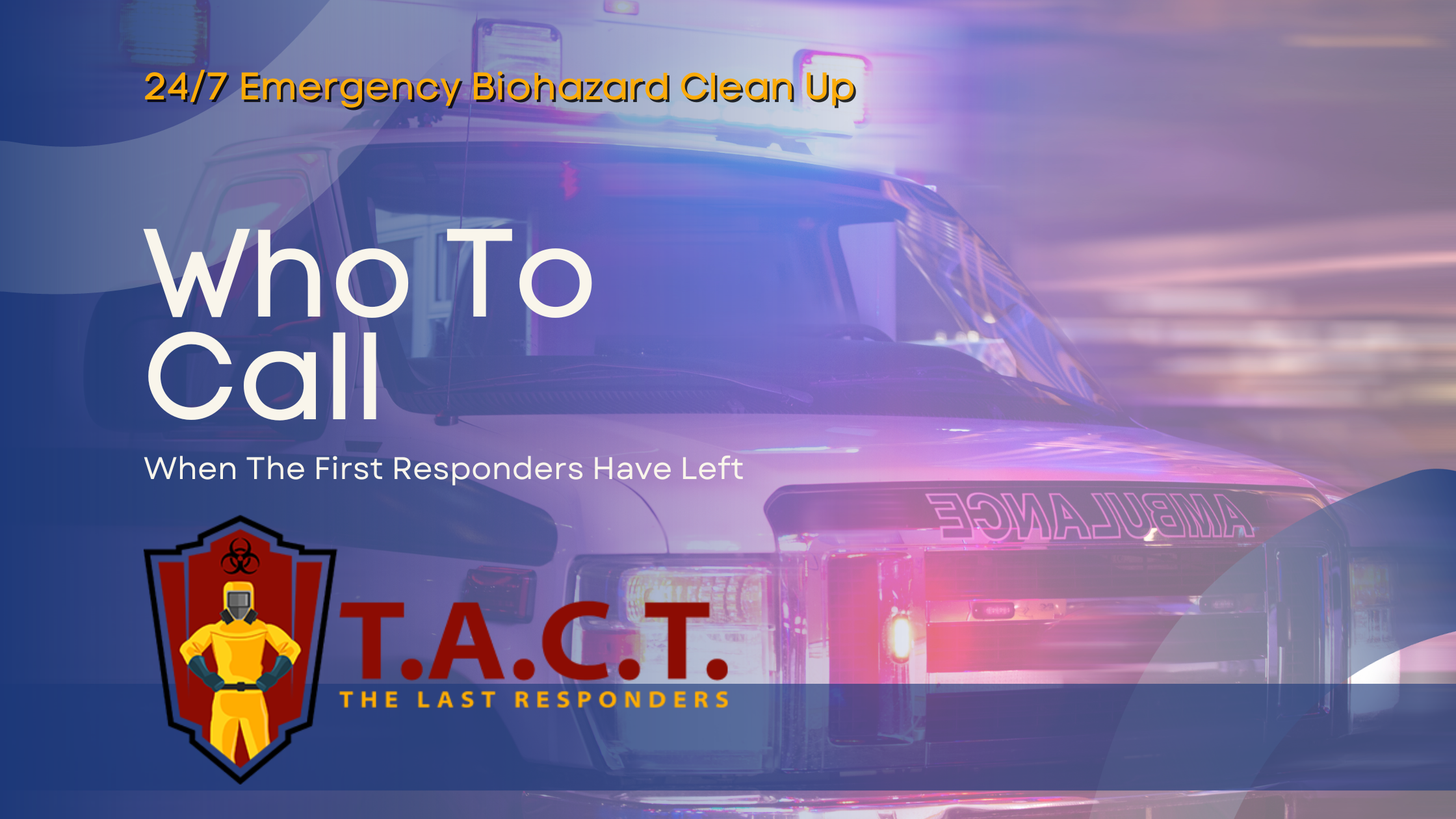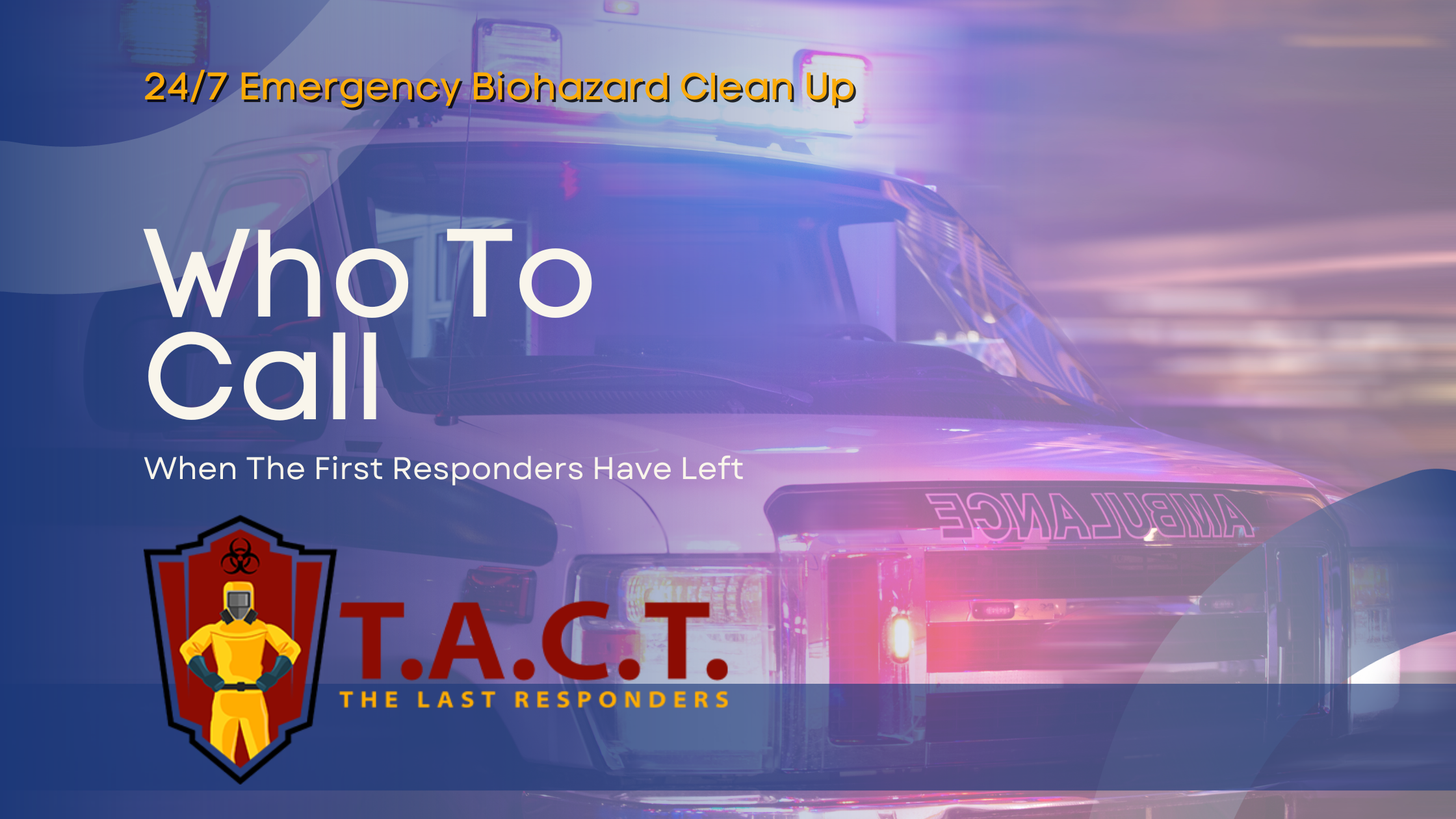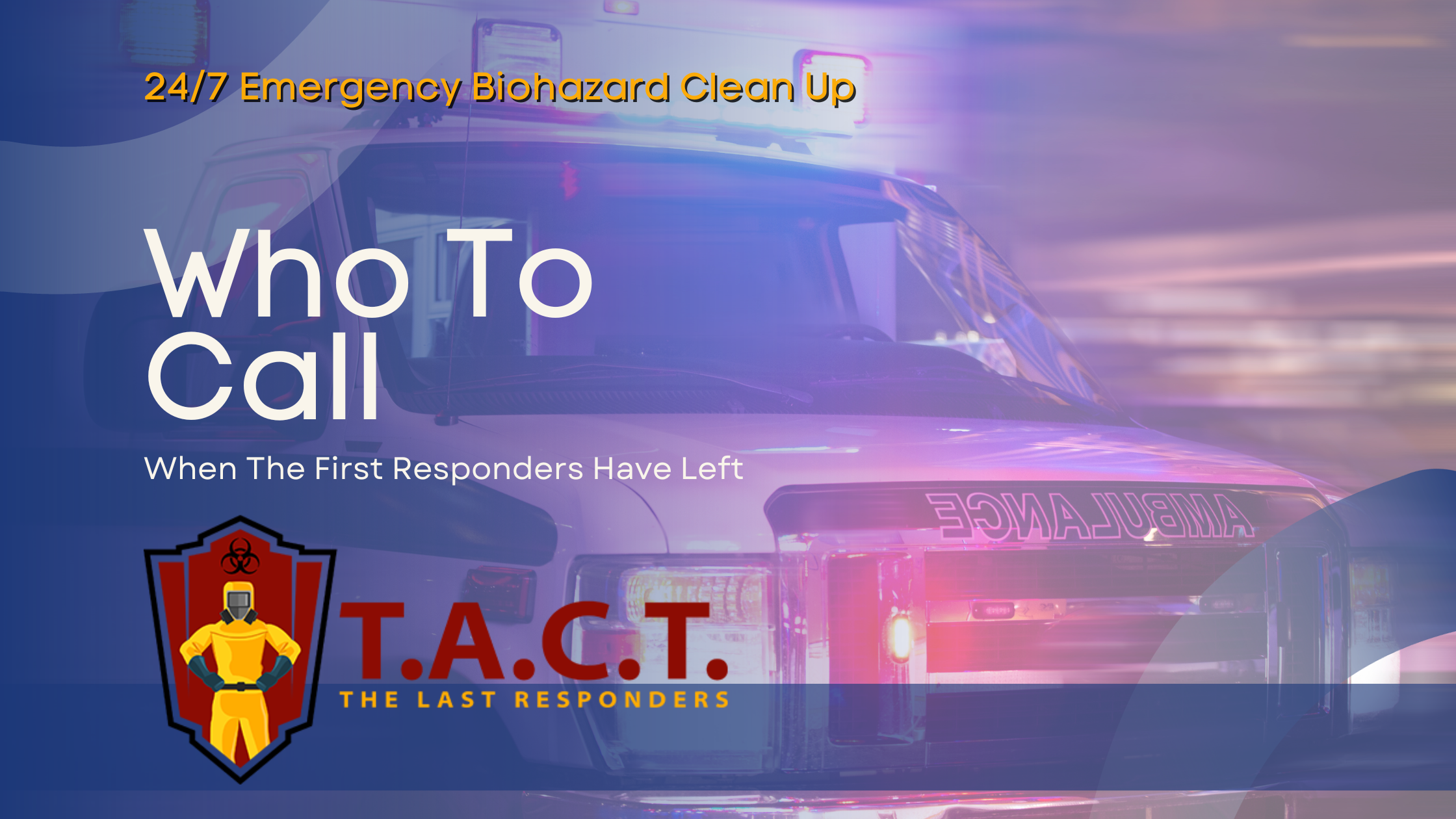Effective Methods for cleaning up Rodent Droppings Safely
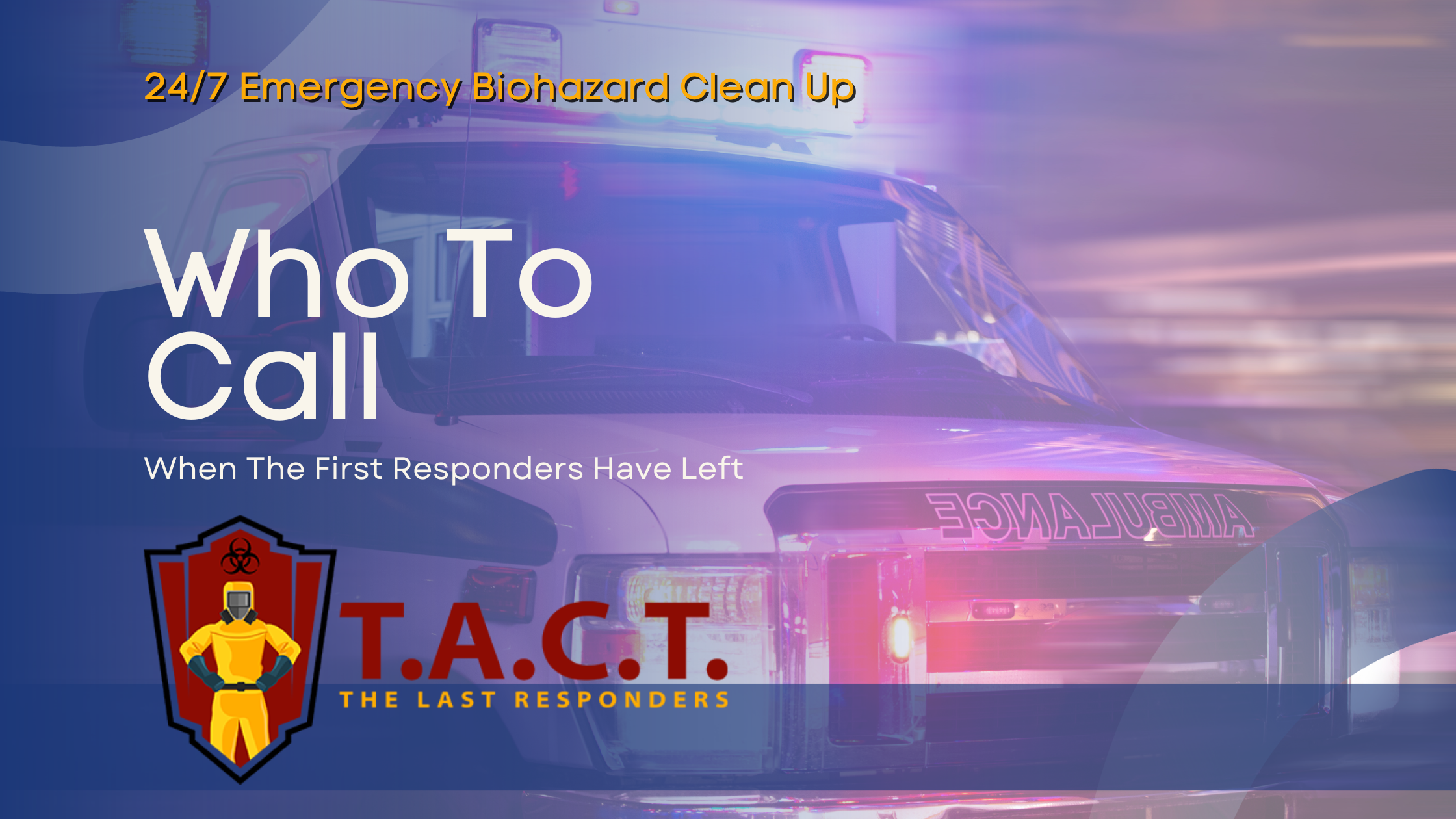
Effective Methods for Cleaning Up Rodent Droppings Safely
If you’ve encountered rodent droppings in your home, knowing how to clean them up safely, including cleaning up rodent droppings, is crucial. Rodent droppings can pose health risks, so it’s essential to follow proper steps to ensure safety and hygiene. This guide will walk you through preparing for cleanup, safely removing droppings, and preventing future infestations.
Key Takeaways
Proper protective gear and safety measures, such as ventilating the area and avoiding sweeping, are essential when cleaning up rodent droppings to minimize health risks.
Use disinfectants effectively by applying a bleach solution or EPA-registered disinfectants, and allow adequate time for them to work before wiping surfaces.
Prevent future rodent infestations by sealing entry points, storing food in airtight containers, and maintaining a clean living environment.
Preparing for Rodent Dropping Cleanup
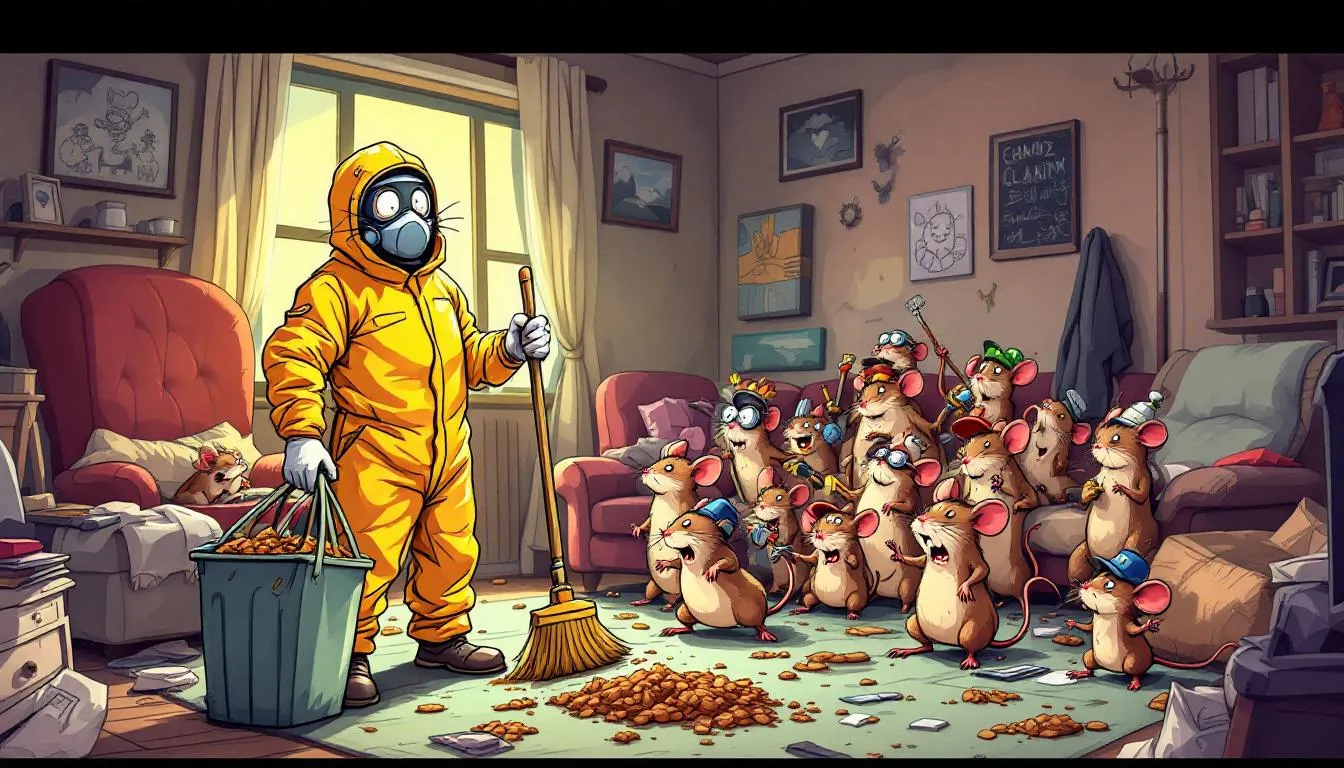
Before starting the cleanup of rodent droppings, proper preparation ensures safety and efficiency. Gather the necessary supplies and understand the risks associated with rodent infestations. Diseases from rodents are often spread through inhalation of contaminated air, making safety measures essential.
Having the right cleaning equipment, including protective gear, disinfectants, and appropriate tools, is vital when cleaning up after rodents. These steps minimize health risks and make the cleanup process more manageable.
Wear protective gear
Protective gear is essential when dealing with rodent droppings. Wear rubber or plastic gloves to protect your hands. In areas with heavy rodent presence, use a half mask air-purifying respirator or powered air-purifying respirator (PAPR) with HEPA filters, coveralls, and protective goggles.
After removing rubber gloves, wash your gloved hands with soap and warm water to maintain hygiene. PPE should be decontaminated upon removal to ensure safety.
Ventilate the area
To reduce the risk of inhaling airborne particles during cleanup, ventilate the area by opening all windows and doors for at least 30 minutes before beginning the process.
This helps dissipate rodent urine odors and dries wet areas, making cleanup safer and more effective.
Avoid sweeping or vacuuming droppings
Avoid sweeping or vacuuming rodent droppings or mouse droppings, as this can spread harmful bacteria and viruses into the air and create dust. Instead, use damp cloths or paper towels to collect droppings safely.
Preventing airborne contamination is vital for your health during cleanup.
Safe Removal of Rodent Droppings

After preparation, the next step is the safe removal of rodent droppings. This includes disinfecting, carefully wiping, and thoroughly cleaning contaminated surfaces.
The right products and techniques help avoid spreading contaminants.
Disinfect the droppings
To disinfect rodent urine and droppings:
Prepare a bleach solution by mixing 1.5 cups of bleach in 1 gallon of water, fresh before use.
Spray the rodent urine and droppings with the bleach solution or an EPA-registered disinfectant.
Ensure the surface is thoroughly wet.
Adhere to the printed instructions on the disinfectant label products for optimal safety and effectiveness.
Wipe and remove droppings
Use paper towel to wipe up urine droppings or droppings, then place the paper towels in a plastic bag, seal it securely, and discard it in a covered garbage can to minimize health risks.
Clean contaminated surfaces
Mop or sponge the area with a disinfectant to clean all hard surfaces after sanitizing and removing droppings.
Allow the disinfectant to sit for at least five minutes before wiping to ensure all pathogens are effectively killed.
Handling Dead Rodents and Nests
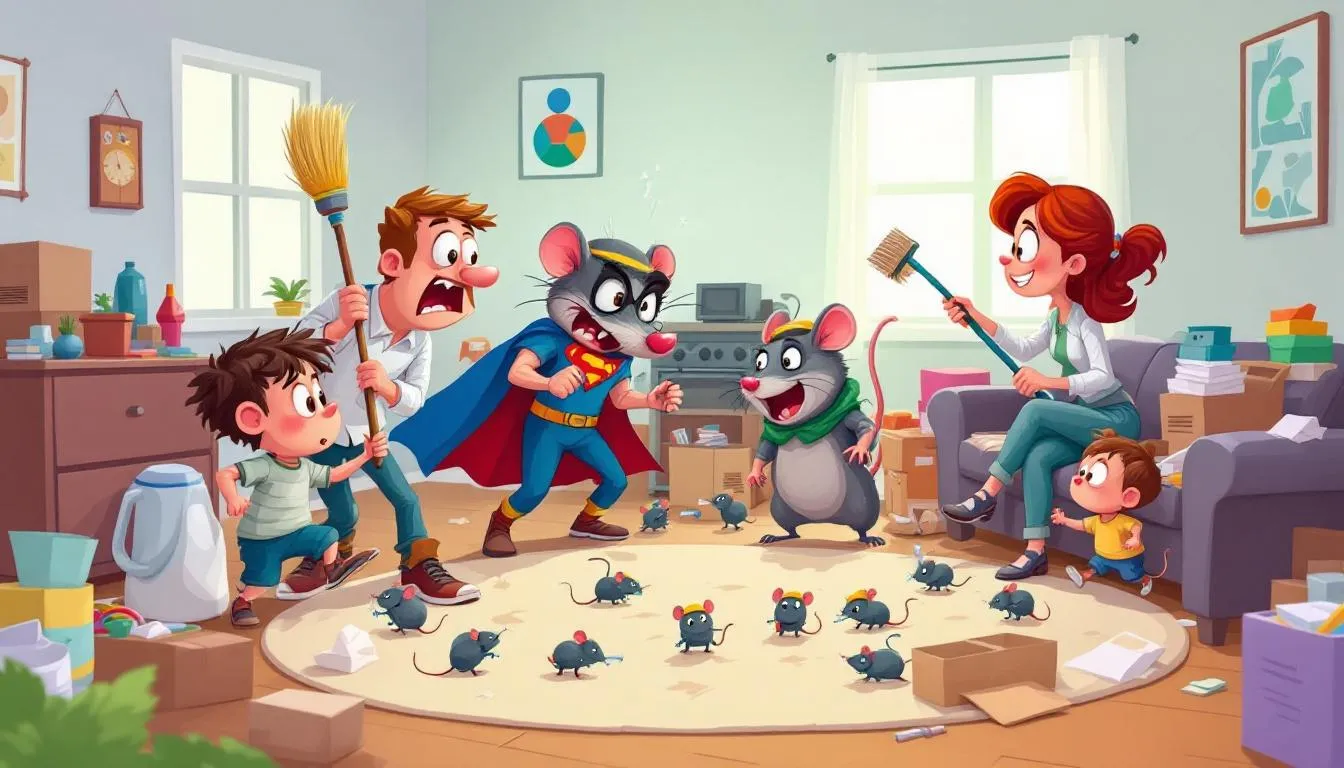
Dead rodents and their nests can harbor dangerous pathogens that can carry disease. Proper handling and disposal prevent the spread of diseases.
Learn how to dispose of dead rodents, remove nesting materials, and clean up afterward.
Dispose of dead rodents
Spray dead rodents with disinfectant and let them soak for five minutes before handling. Wear rubber or plastic gloves for protection.
To safely dispose of dead rodents and clean up:
Place dead rodents in a plastic bag.
Seal the bag securely.
Discard the bag in a covered garbage can.
Discard any unnecessary contaminated items.
Wash your hands with soap and warm water after removing gloves.
Remove nesting materials
Carefully remove nesting materials and associated debris, placing them in a plastic bag for disposal. Contaminated insulation should also be sealed in a second plastic bag before discarding.
This prevents the spread of residual contaminants.
Cleaning after nest removal
Disinfect all affected surfaces after removing nests to eliminate any remaining pathogens. Use a bleach solution or an EPA-registered disinfectant.
Ensure the disinfectant remains on the droppings for at least five minutes to effectively kill pathogens.
Cleaning Specific Areas Affected by Rodents
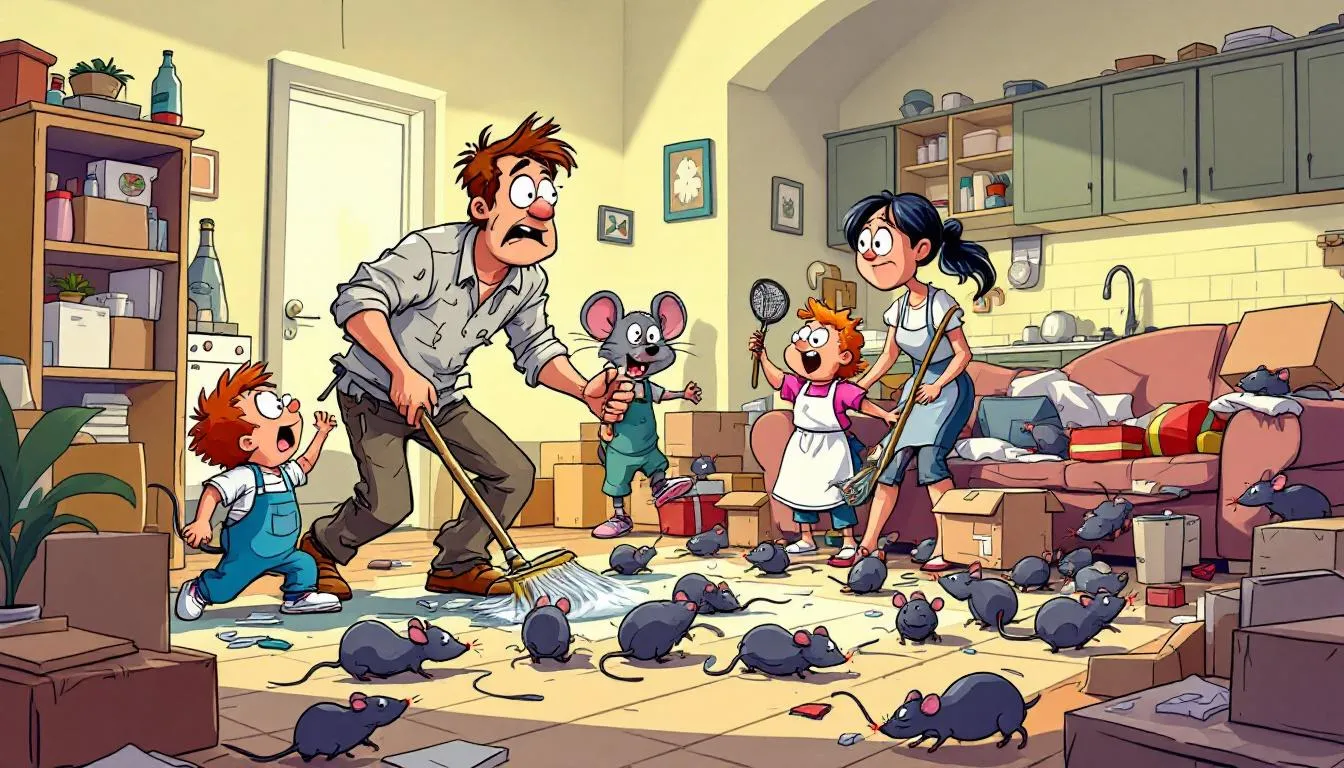
Different areas of your home may require different cleaning methods. Carpets, hard surfaces, and clothing each have their own best practices for effective cleaning.
Carpets and upholstery
Approved cleaner or commercial steam cleaners are essential for effective cleanup after rodent activity. Commercial-grade steam cleaners are particularly effective for sanitizing carpets and upholstery, making them a preferred cleaning product for many.
Disinfectants specifically designed for carpets and upholstery can also be used effectively.
Hard surfaces
Disinfect hard surfaces with a homemade bleach solution by combining 1.5 cups of bleach with a gallon of water.
Let the bleach solution sit for at least five minutes before wiping to effectively kill any remaining pathogens.
Clothing and bedding
To thoroughly disinfect contaminated items:
Wash contaminated clothing and bedding with hot water and detergent.
Dry them using a high heat setting.
Launder stuffed animals and similar items in hot water.
Dry stuffed animals thoroughly.
Dealing with Rodent Urine Odor
Rodent urine can create a strong, lasting smell that often requires specialized cleaning methods for complete elimination.
Explore effective ways to deal with these odors.
Use enzyme cleaners
Apply enzyme cleaners multiple times to porous surfaces if initial treatments do not fully eliminate the odor. They are also effective on hard surfaces to eliminate residues and odors.
Apply enzyme cleaners generously and let them sit for the recommended duration for maximum efficacy.
Replace heavily soiled materials
For significant contamination, dispose of items like carpets, insulation, or other porous materials that cannot be effectively cleaned. Heavily contaminated items may need to be replaced to eliminate health risks and waste.
In severe cases, consult a professional service for the safe removal of soiled materials.
Preventing Future Rodent Infestations
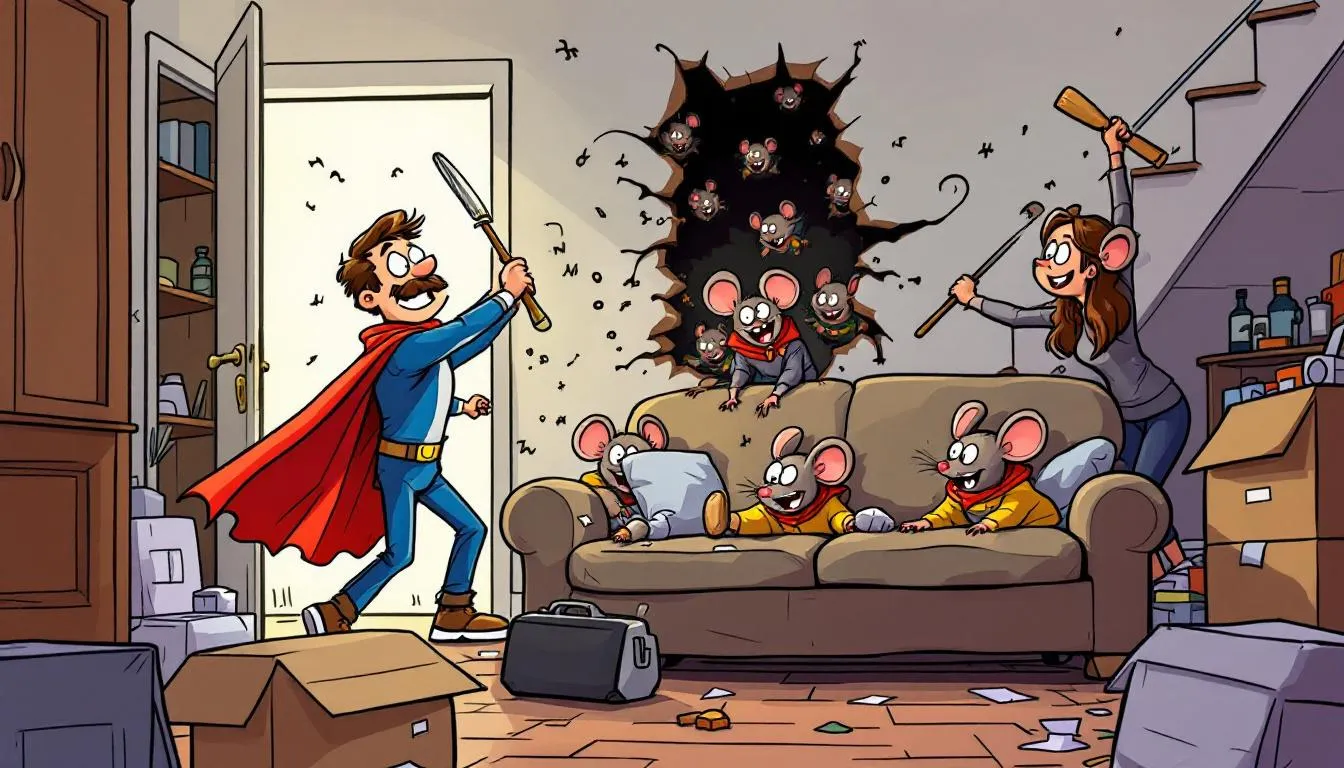
Preventing rodents from returning is crucial. Learn strategies for sealing entry points, storing food properly, and maintaining cleanliness.
Seal entry points
Seal cracks and holes on the exterior of homes with caulk or steel wool. Also, seal gaps and holes around windows, doors, and foundations.
Inspect items brought into your home regularly to prevent rodent introduction and block entry points.
Store food properly
Store food in airtight containers to deter rodents and attract rodents. Proper food storage is crucial for preventing rodent infestation.
Use sturdy containers with tight-fitting lids for food storage.
Maintain cleanliness
Regular cleaning reduces hiding spots and minimizes the chances of infestations. Cleaning and decluttering areas reduce opportunities for rodents to establish themselves.
A clean environment deters rodents and promotes a healthier living space.
Professional Help for Severe Infestations
For severe infestations, seeking professional help is often the best course of action. Professional pest control services can handle extensive problems effectively.
Benefits of professional services
Professional pest control services offer the following benefits:
Equipped to handle extensive rodent infestations, ensuring thorough elimination.
Minimize health risks by following safety protocols.
Use appropriate gear for safe and effective pest control.
Consider reputation, effectiveness, and adherence to safe practices when selecting a pest control provider.
How to choose a pest control provider
Professional pest control services offer specialized knowledge, advanced pest control techniques, and long-term prevention strategies to avoid future infestations.
Look for companies that offer free inspections and have positive online reviews to ensure reliability.
Summary
Summarize the key points of the article, reinforcing the importance of safe and effective cleanup methods, prevention strategies, and when to seek professional help. End with an inspiring note encouraging readers to take proactive steps in maintaining a rodent-free environment.
Frequently Asked Questions
Why is it important to wear protective gear when cleaning rodent droppings?
It is crucial to wear protective gear when cleaning rodent droppings to prevent exposure to diseases that can be transmitted through their waste. Using gloves and a respirator significantly reduces the risk of harmful pathogens entering your system.
How should I disinfect rodent droppings before removal?
To safely disinfect rodent droppings before removal, spray them with a bleach solution or an EPA-registered disinfectant until completely saturated. This will effectively eliminate harmful bacteria and viruses, ensuring a safer cleanup process.
What should I do if I find a dead rodent in my home?
If you find a dead rodent in your home, spray it with disinfectant and allow it to soak for five minutes. Then, wearing gloves, place it in a sealed plastic bag and discard it in a covered garbage can.
How can I prevent future rodent infestations in my home?
To prevent future rodent infestations, ensure you seal cracks and holes in your home's exterior, store food in airtight containers, and keep your living space clean to eliminate hiding spots and food sources. Taking these steps will significantly reduce the likelihood of rodents returning.
When should I consider hiring professional pest control services?
You should consider hiring professional pest control services when facing a severe rodent infestation or when rodents have entered your heating and cooling systems, as professionals possess the necessary expertise and tools for effective management.

